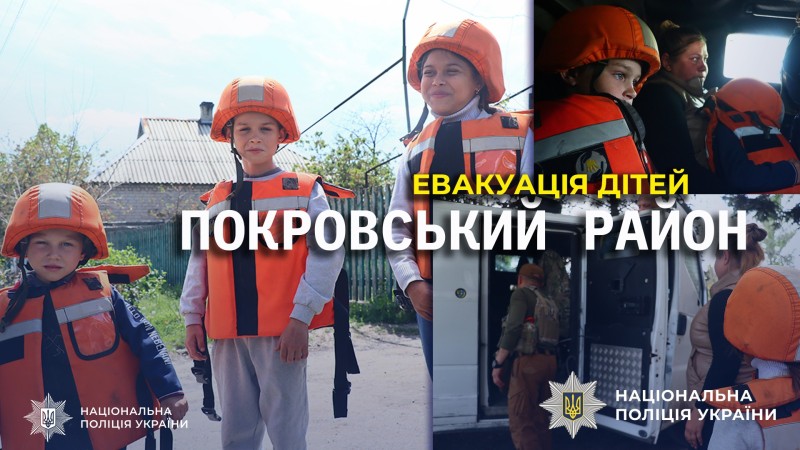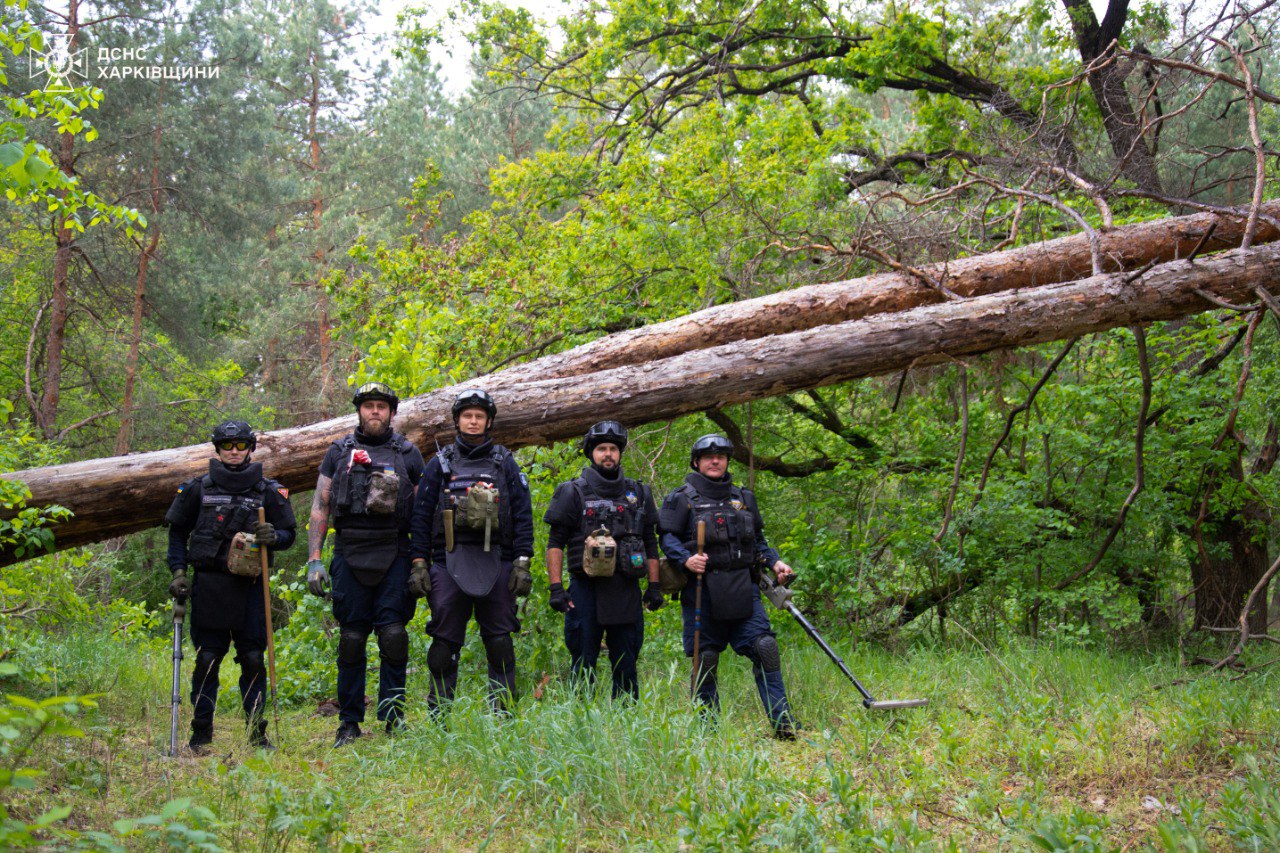Under shelling on the front line: about the risks of rear support for the soldiers of the National Guard

The fighter under the nickname “Ramirez” was born and raised in Kharkiv. After studying at the National Academy of the National Guard of Ukraine, he joined the ranks of the famous battalion “Donbas” and became a special officer.
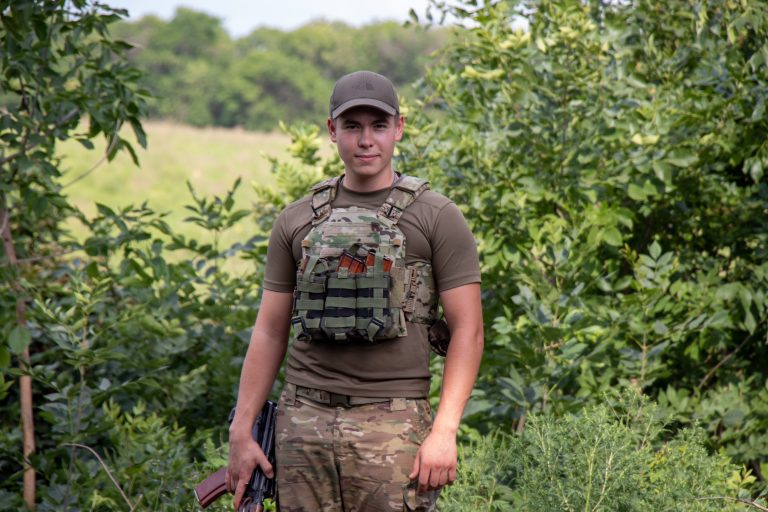
“On February 24, I woke up from a phone call from my parents,” Ramirez recalls the day of the invasion. “I open the messenger - and there are millions of messages. And all about the fact that the war started.”
The decision to become a military guard was made in adolescence.
“This is a responsible profession, where you must clearly know what you are doing, your goal, and most importantly, the vocation is to protect the Ukrainian people from any threat.”
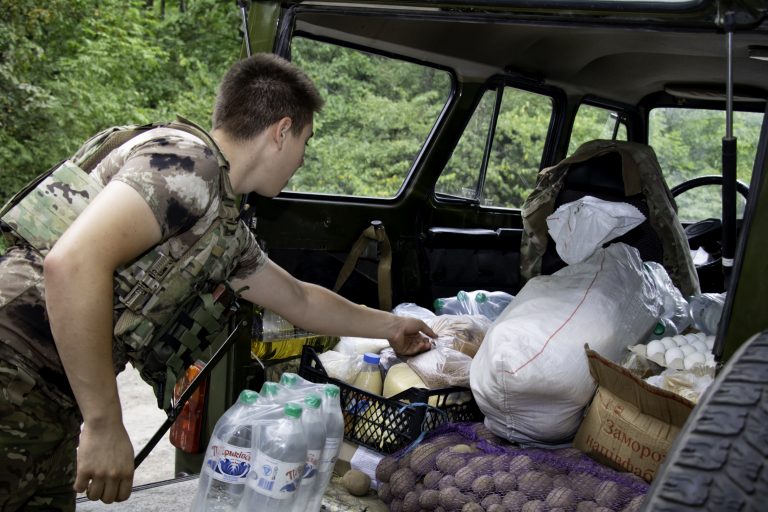
The job of an officer is to provide the battalion with everything they need: from food and water to spare parts, lubricants, equipment and more.
“Regardless of the weather conditions or the situation at the front, my goal is to deliver the right things to the fighters,” Ramirez said.
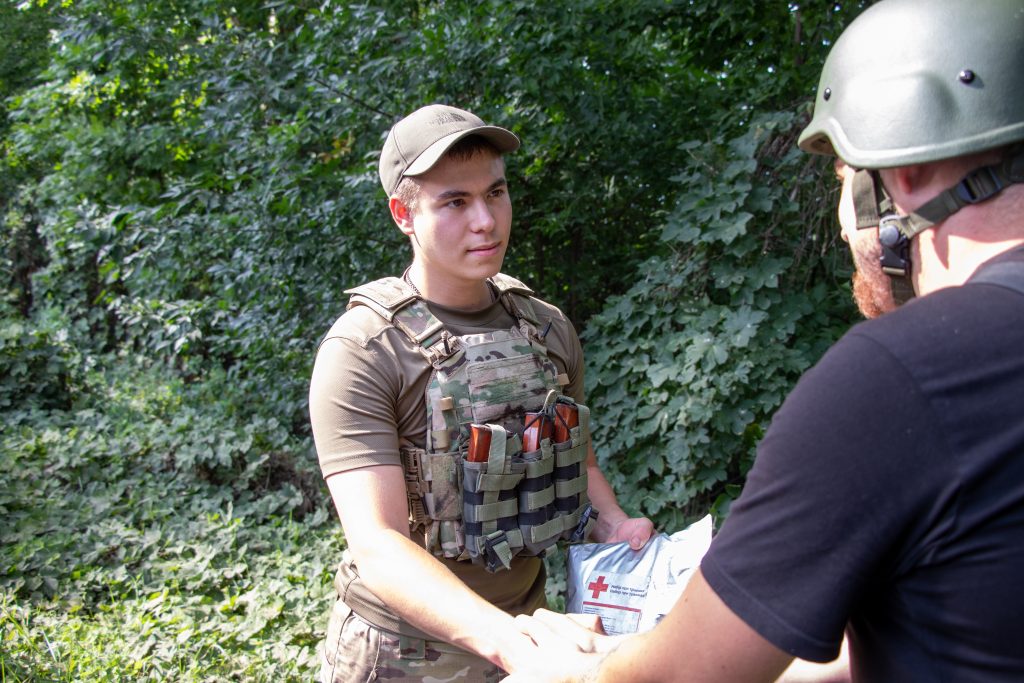
The special purpose battalion “Donbas” performs combat tasks on the front line, so with the beginning of a full-scale invasion, the logistics component has become much more complicated, even basic things are extremely difficult to deliver. According to the officer, there are times that the equipment does not have the opportunity to reach due to endless shelling.
“There are almost no weekends. What day of the week - I know when people say. Is it Saturday? — Okay. For 169 days of the war, I took 7 days of rest, went to visit my family, but I do not feel burnout. When you focus on work, you see the gratitude of your comrades, it encourages you to do even more. The worst thing is when you think you're not going to help today,” the officer says.
Circumstances are constantly changing on the Donbass front. The way to a certain area can take several hours or even half a day.
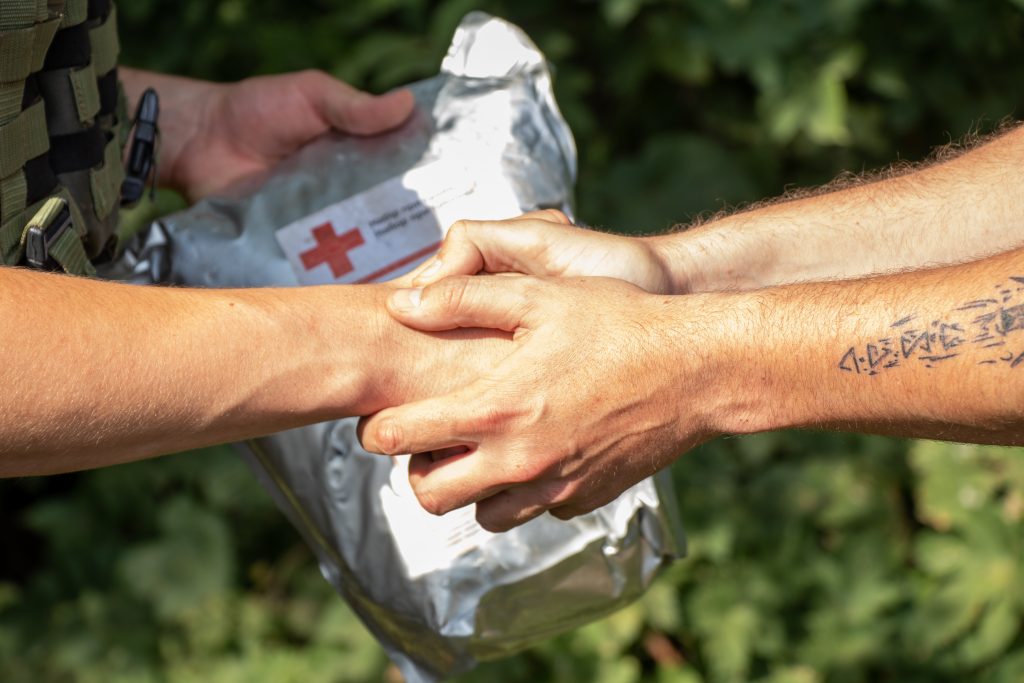
“Last time I broke into position with a full trunk of food, dry solders. I come and there are no people. Even then I realize that ours have moved a little further. But communication is not always constant with people who are in positions.”
Several times the officer came under fire. Body armor, first aid kit here are vital “accessories”. The guy admits that scary of course happens, but then you get used to it.
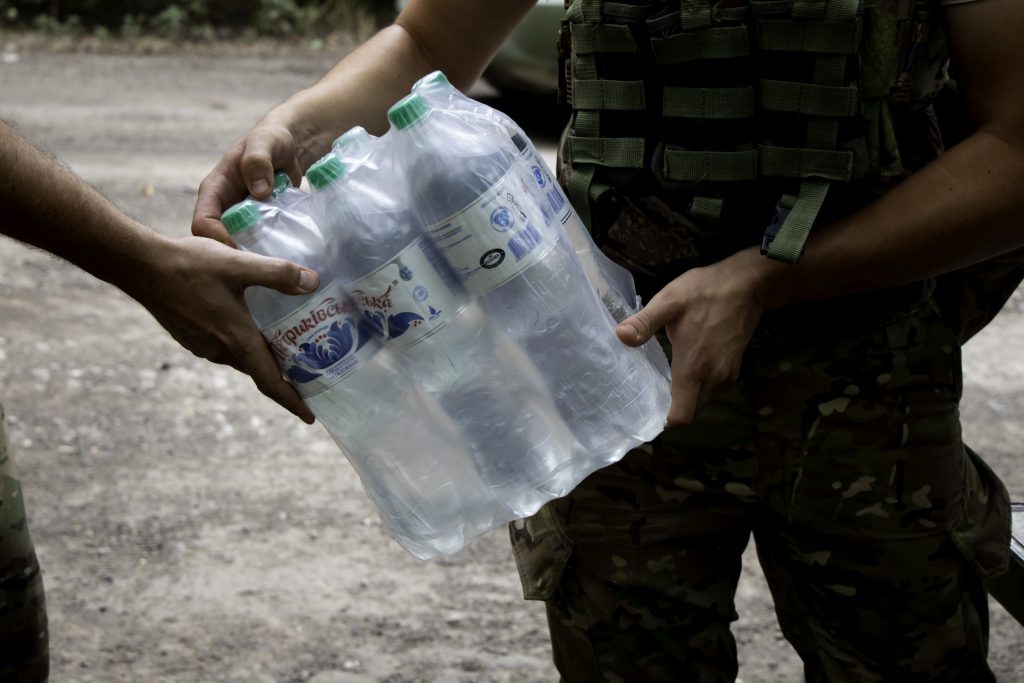
“Every time you come to the positions of your brothers, you realize that you may not come back from there. The most important thing for him is that comrades can fight and not have to look for where to drink or eat,” says the guard.
Ramirez points out that if a mass shooting begins during the movement of equipment, in no case can it be stopped, there is only a way forward. It does not matter, it can be a track, an open field or a forest area, you just have to go, if you stop, there is a possibility that you will stay in that place.
“I came under fire twice, near Svyatogorsk. This is the kind of place where, in early June, five minutes passed like five years. We drove at a speed of 130-140 kilometers, on bends, quickly unloaded and got into the car. And so on every point. Every unloading is a kind of extreme. The nearest “Grad” fell 30 meters from us. We then jumped out of the car, fell face down in the sand, waited until the shelling was over, quickly into the car — and drove on. There was no fear then, it's good that I quickly oriented myself. Within a few hours, I realized how close the shells were.”
Ramirez recalls how he came to provide first aid, to impose a tourniquet on a subordinate. Then they brought water and medicine to one of the positions, and while they were unloading, they heard a cry for help. The guys told what wounded the fighter: a shard hit his leg.
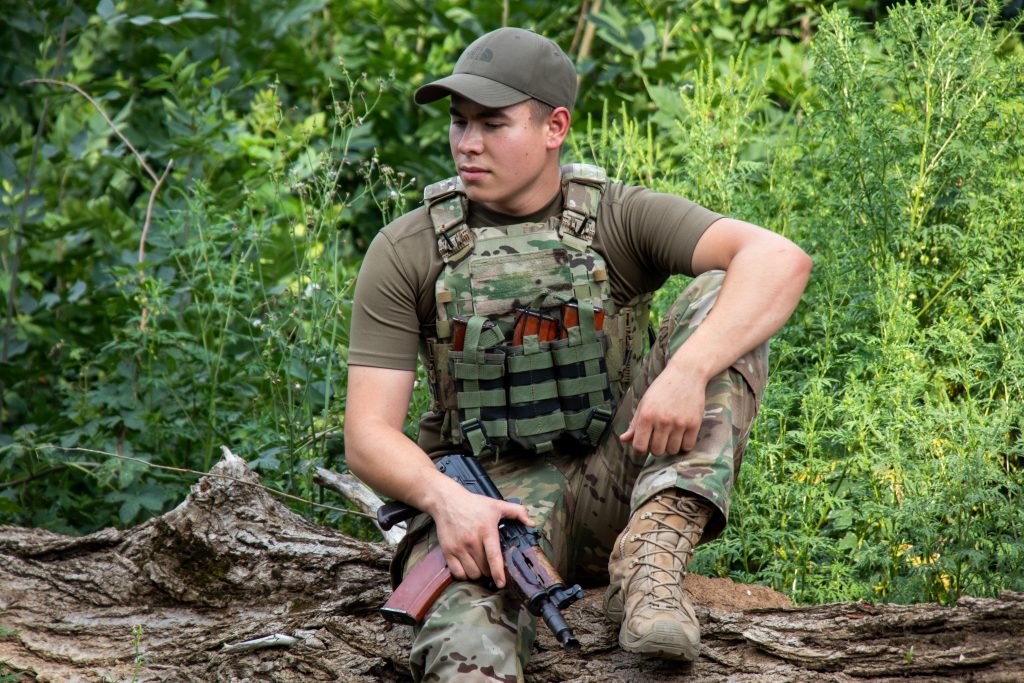
“Then I realized that I am not afraid of someone else's blood. The main thing is that the guy was rescued and evacuated,” adds the national guard.
National Guard of Ukraine





